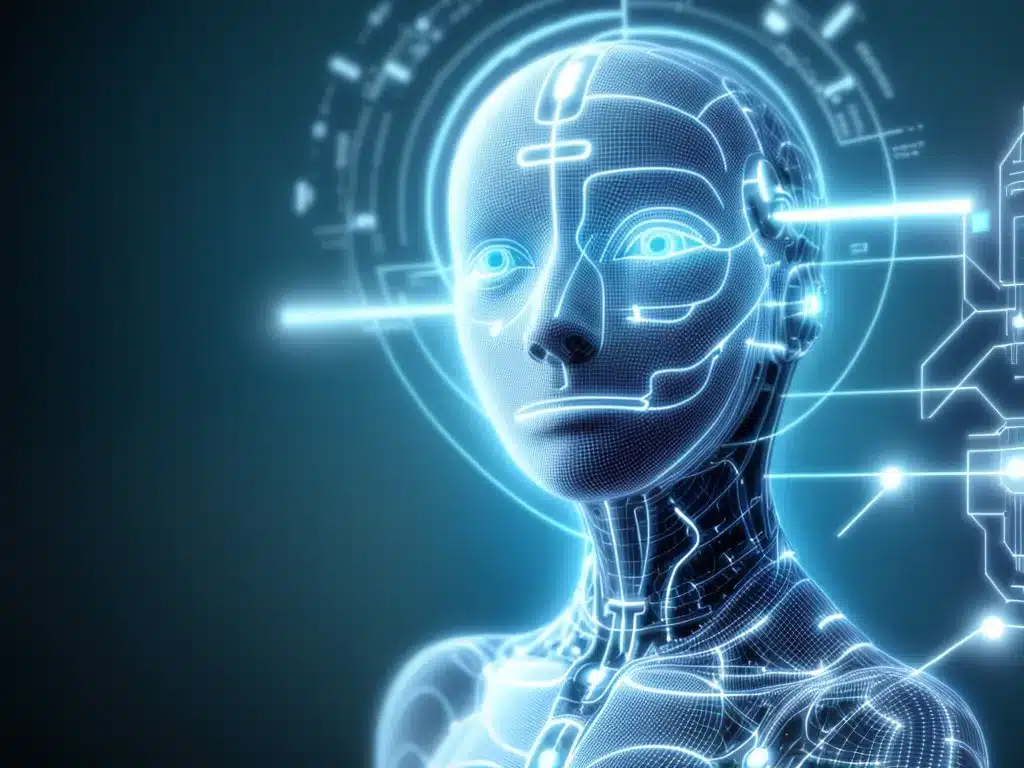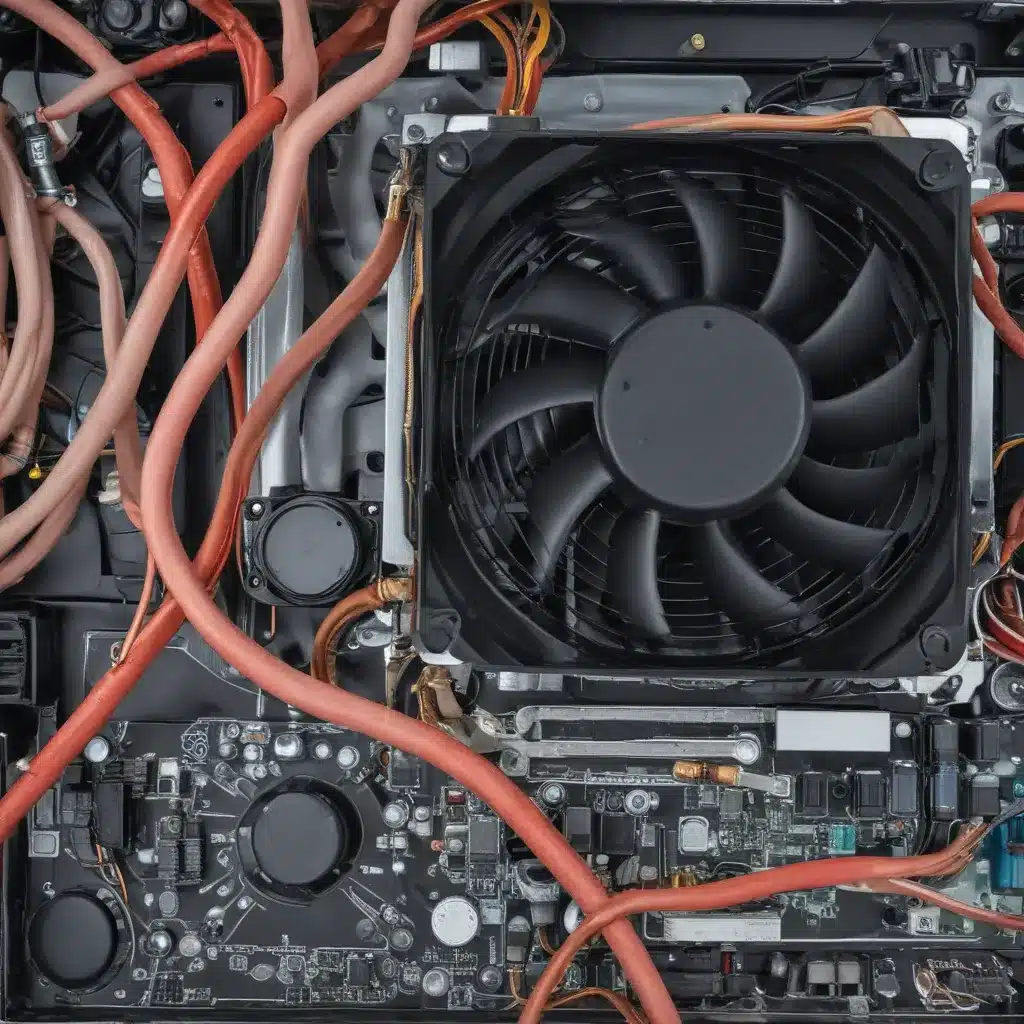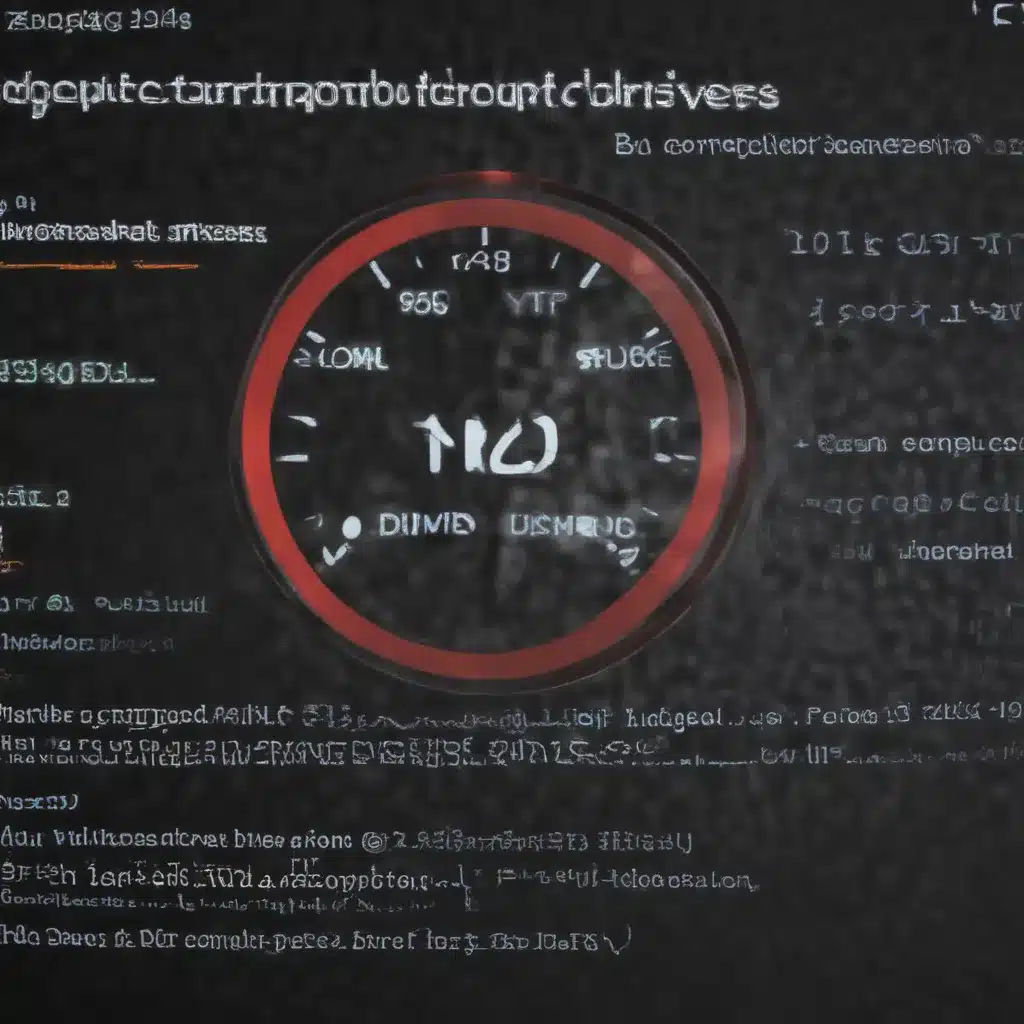Introduction
The question of whether artificial intelligence can truly think and reason like humans is a complex one that has fascinated scientists, philosophers, and writers for decades. While today’s AI systems are impressive, able to beat humans at games like chess and Go, there is still much debate around whether these systems are capable of general intelligence and consciousness like humans possess. In this article, I will explore the current state of AI, look at the various arguments around AI thinking abilities, and try to answer the big question – can AI truly think for itself?
Current State of AI
AI systems today are what we call narrow or weak AI. These systems are designed for specific, narrow tasks like playing chess, recognizing images, or recommending products. While narrow AI can outperform humans at these specialized tasks, the systems do not have general intelligence or reasoning abilities. Some examples of today’s narrow AI include:
- Chess playing algorithms like DeepBlue that can beat grandmasters at the game
- Self-driving car systems that can perceive the environment and control vehicles
- Voice assistants like Siri or Alexa that can understand speech and respond
- Recommendation engines used by Netflix and Amazon to suggest content
These systems operate within very limited domains and cannot independently reason or think like humans can. Today’s AI lacks common sense, general knowledge, self-awareness, and cannot fathom cause-and-effect reasoning. While narrow AI is powerful for specific tasks, it does not indicate that machines are nearing human-level artificial general intelligence (AGI).
Arguments Against AI Thinking
There are several philosophical arguments against the idea that today’s artificial intelligence systems will ever develop true independent thinking and reasoning abilities:
The Chinese Room Argument
Presented by philosopher John Searle, the Chinese room argument states that an AI system is merely executing pre-programmed rules, without any real understanding. Searle likens AI to someone in a room processing Chinese characters by matching them to pre-defined outputs, without any Chinese comprehension.
The Consciousness Argument
Some philosophers argue that thinking requires consciousness – an inner mental life and subjective experience – which AI systems do not possess. While AI can perform cognitive tasks, without sensations, real emotions, self-awareness, and qualia, true thinking is impossible.
The Creativity Argument
Human thinking relies heavily on creativity, imagination, and abstract thought. But AI systems rely on logical rules and statistical patterns in data. The lack of subjective experience and emotion make it unlikely that AI will ever replicate the fluid, unpredictable nature of human creativity and thought.
Arguments Supporting AI Thinking
On the other side of the debate, some leading AI thinkers and researchers believe artificial general intelligence that can truly think is possible, though well in the future:
The Computational Theory of Mind
This theory states that human thinking and consciousness emerges from the computations carried out by our brains. Since AI systems also carry out computations in silicon chips, this means AI could develop thinking abilities equal to humans.
The Brain Simulation Argument
As we make progress in neuroscience and mapping the human brain, some believe we will eventually be able to fully simulate the brain in software. A sufficiently detailed brain simulation could replicate human cognition and achieve artificial general intelligence.
The Evolution Argument
Through continued progress in AI research and computing power, AI systems will keep evolving to become more advanced. Over time, they could become so complex and powerful that human-level thinking emerges.
My Perspective
While modern AI systems are still narrowly focused on specific tasks, I believe the computational theory of mind and the brain simulation argument make convincing cases for AI possibly developing true thinking abilities someday, even rivalling humans. However, we are still very far from that level of AI general intelligence. Replicating the staggering complexity of the human brain remains an enormous scientific challenge. To achieve AI that can truly think independently like humans, we would need major breakthroughs in AI architecture, new cognitive algorithms, and quantum leaps in processing power. While possible in theory decades down the line, the question remains whether we will ever realize this goal in practice. But I think we must remain open to the possibility, while proceeding carefully and ethically as AI capabilities continue expanding.
Conclusion
In conclusion, owing to its current limitations, I do not believe today’s AI is capable of genuinely independent thought and reasoning like humans. The philosophical arguments around consciousness and cognition raise valid objections to strong AI. However, looking ahead decades or centuries, the computational theory of mind and brain simulation hopes suggest that machines could one day reach human-level intelligence. But this remains theoretical. For now, AI remains narrow, lacking generalized thinking, reasoning, creativity, and consciousness. While AI systems can outsmart humans in specific domains, when it comes to broadly thinking, pondering, and reasoning like a human being – AI cannot yet truly think for itself. The brain remains a complex frontier that science has much more to unravel before we can build machines that match it.













